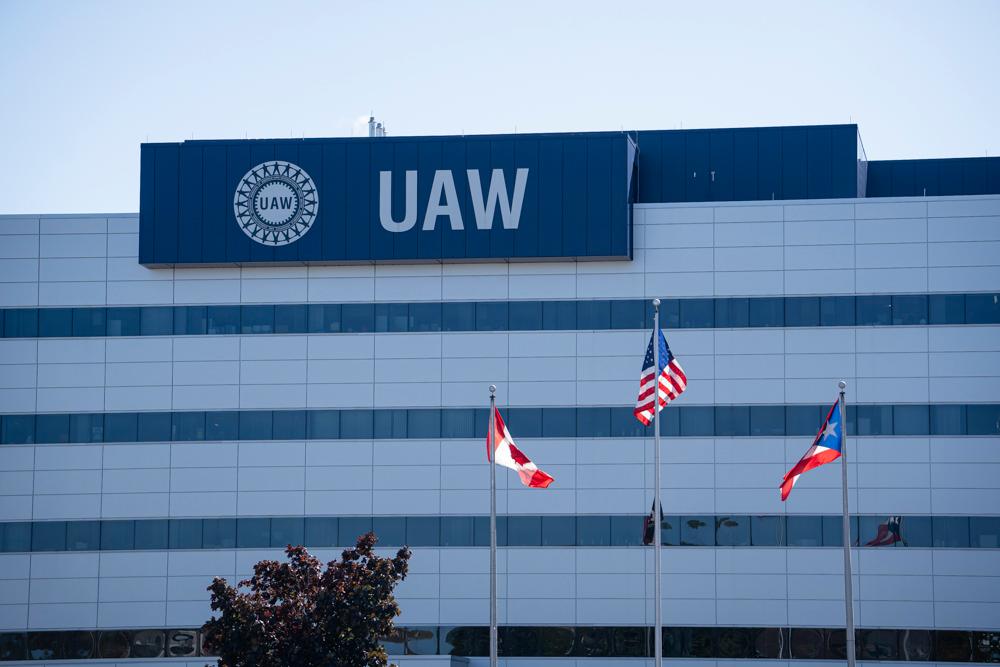A study by the Mackinac Center for Public Policy (MCPP), a nonpartisan Michigan think tank, has found that only one of 11 new jobs promised in large, publicly subsidized industrial development projects have materialized.
The MCPP reviewed front-page news stories from 2000 to 2020 that touted state-subsidized deals struck with large corporations that promised to create 123,060 new jobs.





